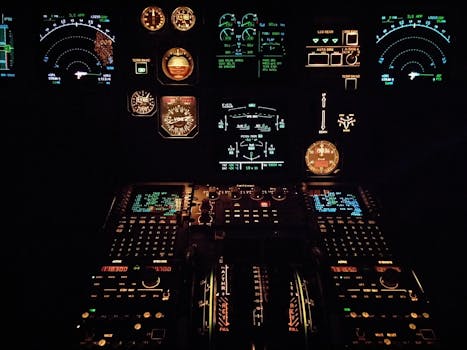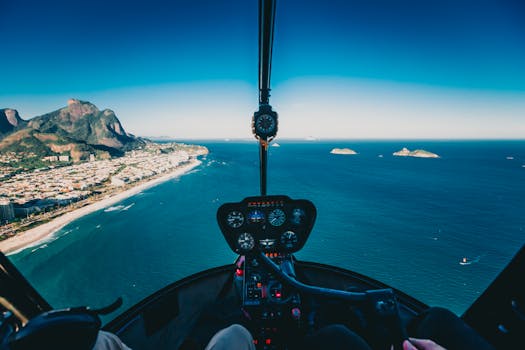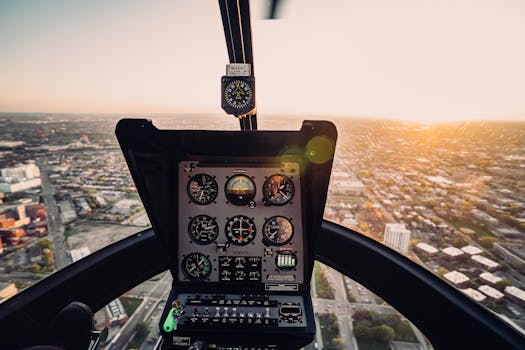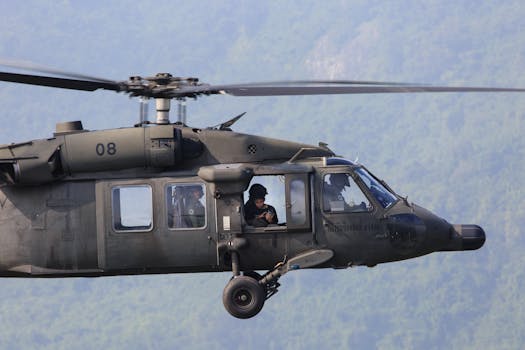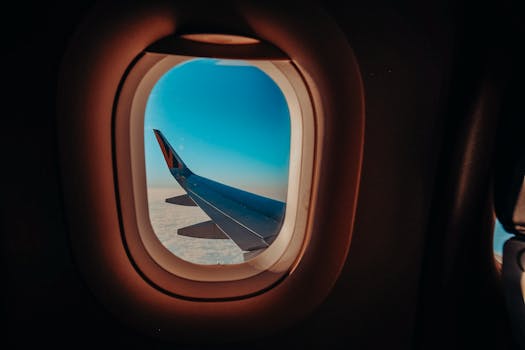You could do a university degree which includes pilot studies.
Your university degree will:
- include commercial pilot training with an approved flight training organisation
- lead to a 'frozen' Air Transport Pilot Licence (ATPL) which allows you to work as a co-pilot and build up the necessary flying hours to become a captain
Medical certificates
You'll need to have a minimum of a Class 2 medical certificate before you start a course.
You'll then need to apply for the higher level Class 1 medical certificate during your course to get your Commercial Pilot Licence. You could choose to apply for the Class 1 medical certificate before you start your course.
Fees and funding
As well as standard university fees, you'll need to fund the flight training part of your course. Your university can advise you about this.
Entry requirements
You'll usually need:
- 4 or 5 GCSEs at grades 9 to 4 (A* to C), or equivalent, including English and maths
- 2 to 3 A levels, or equivalent, for a degree

